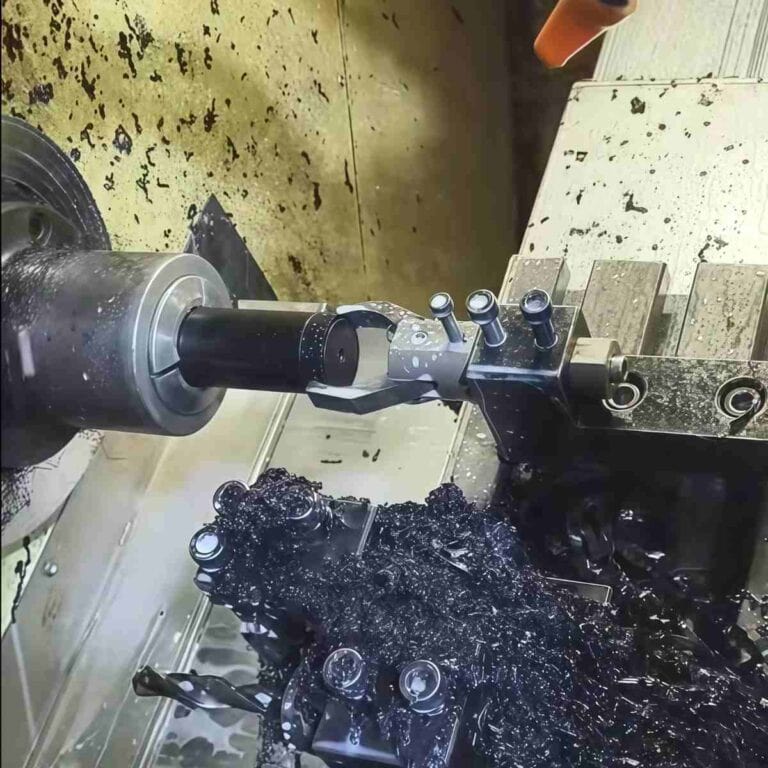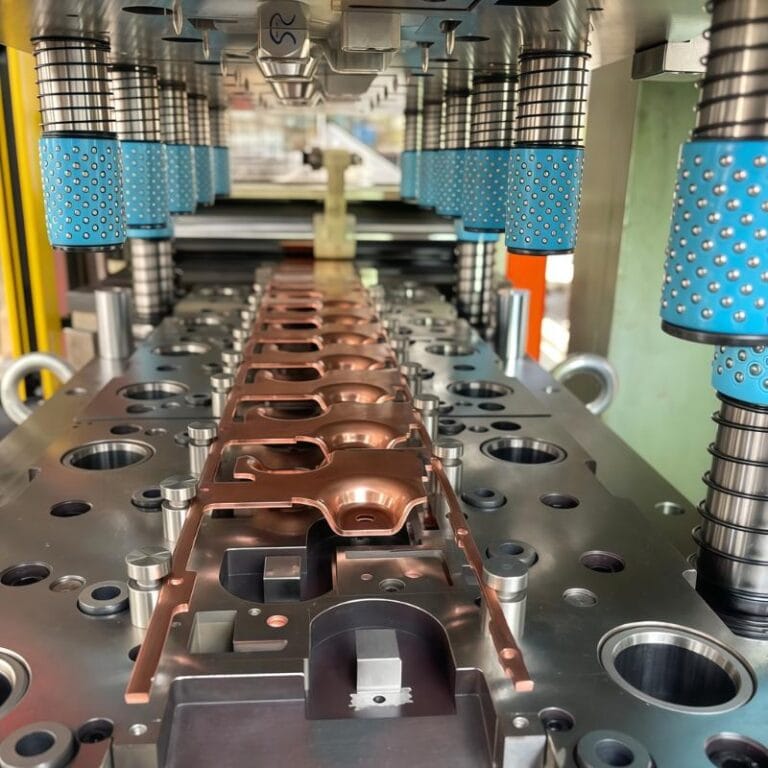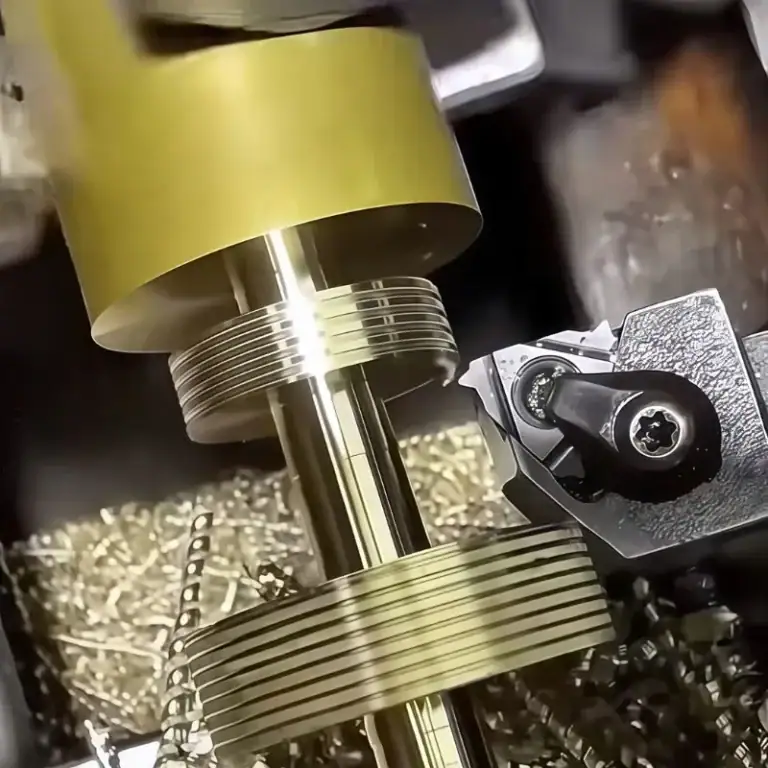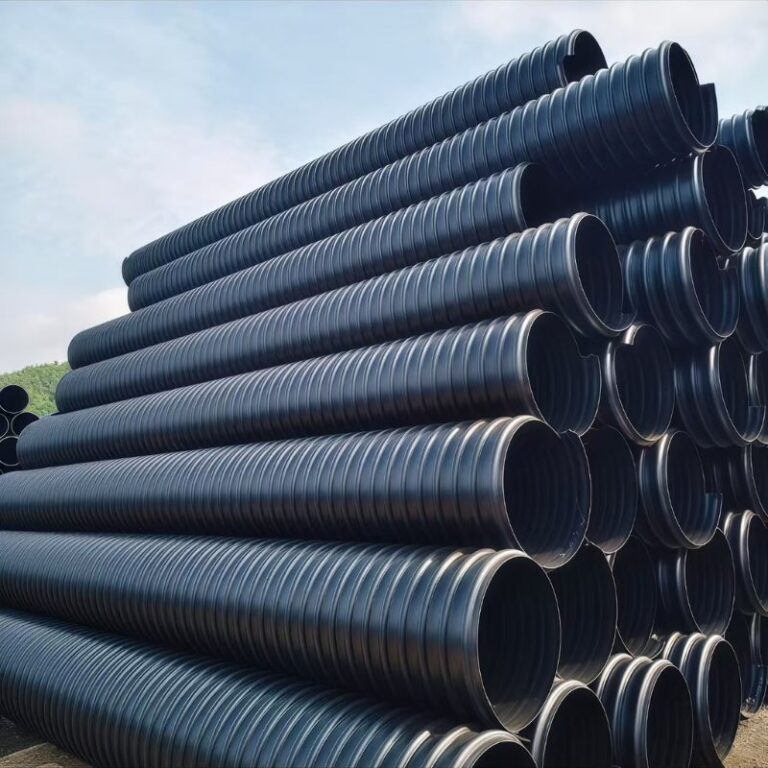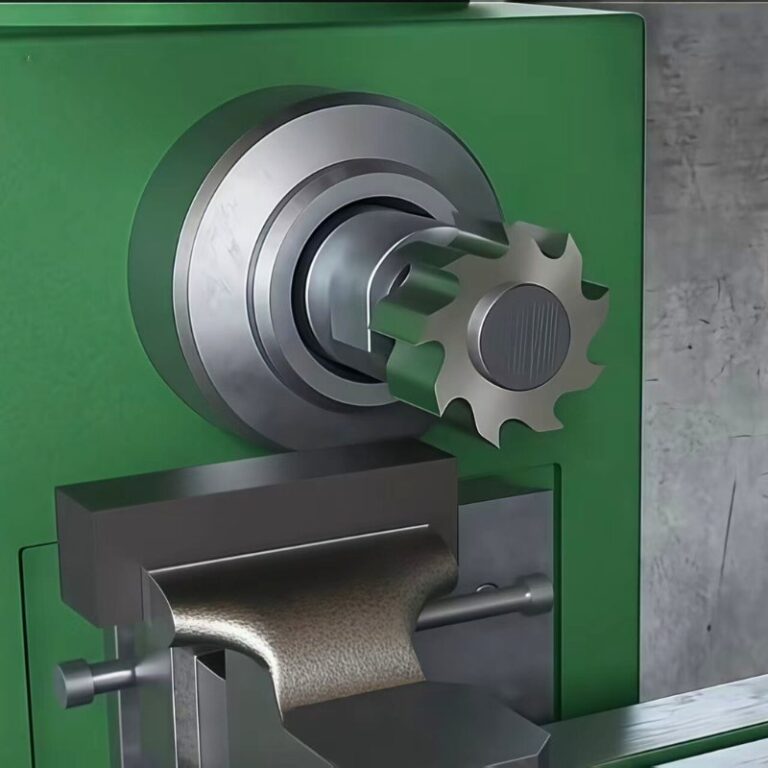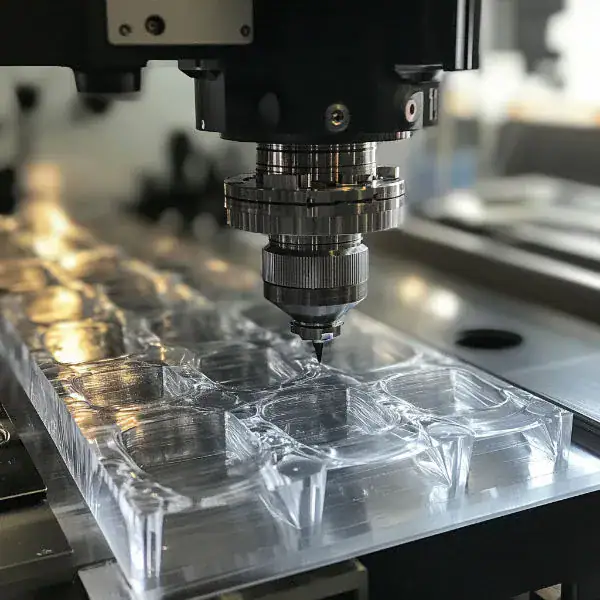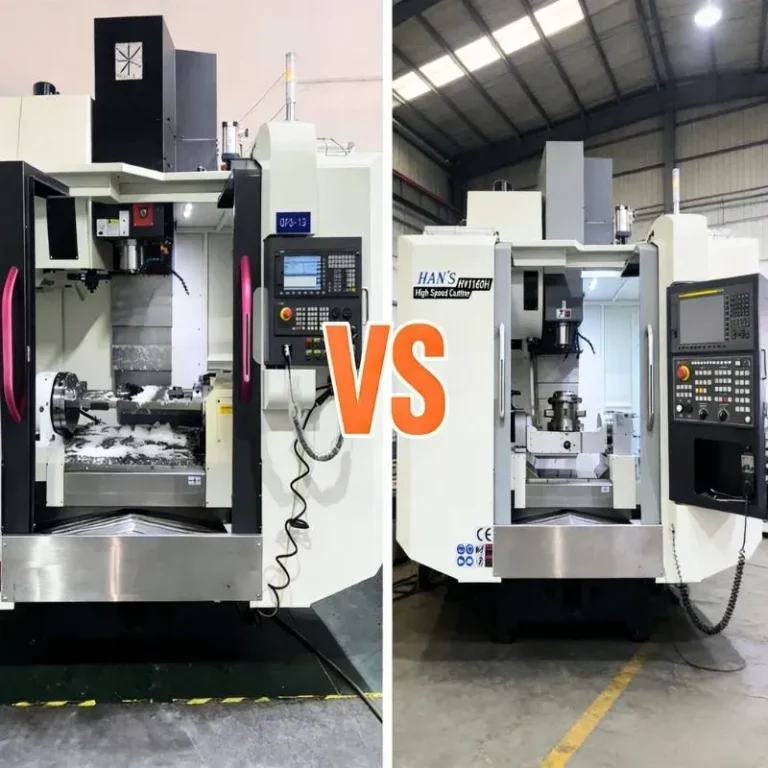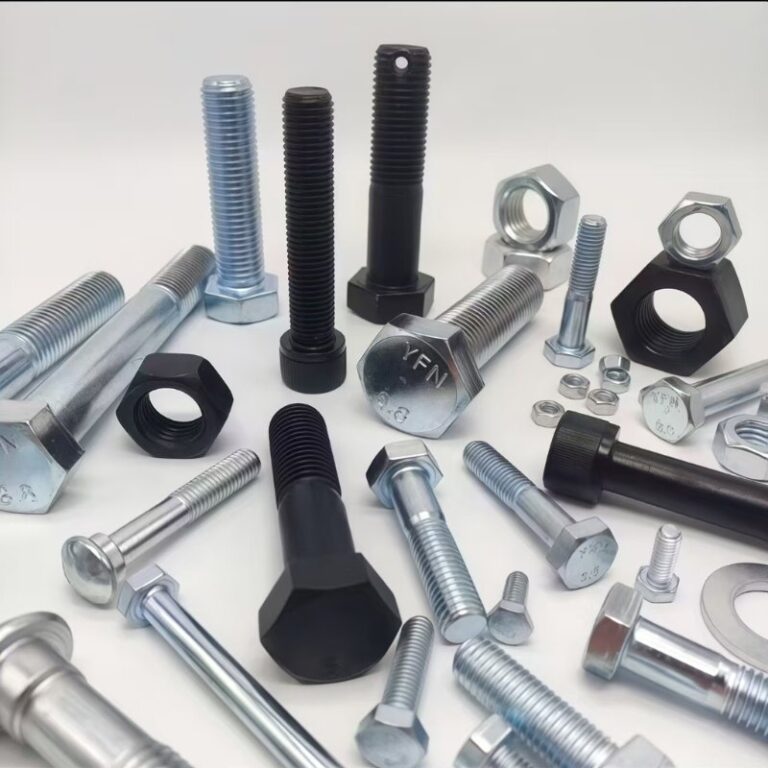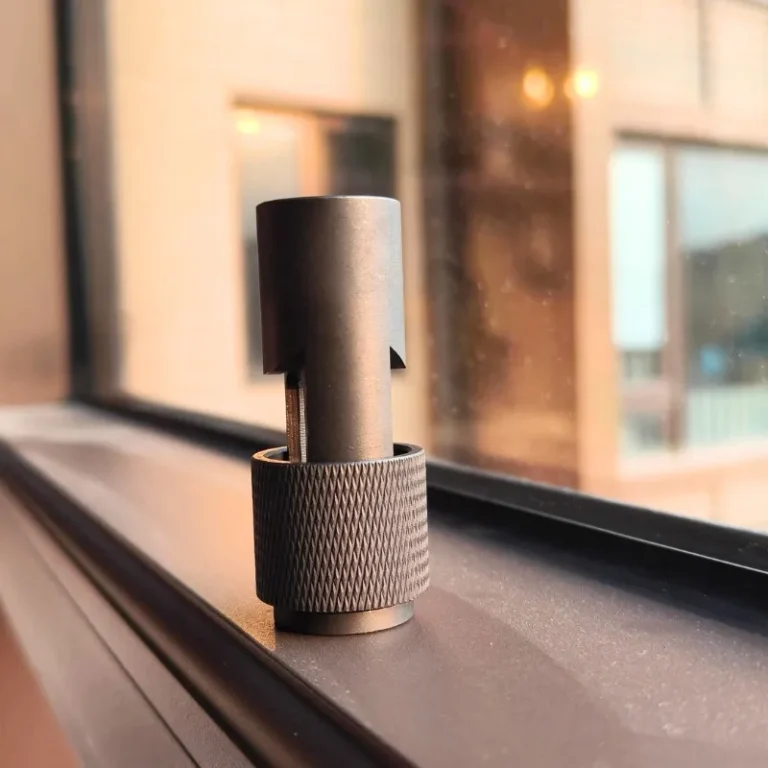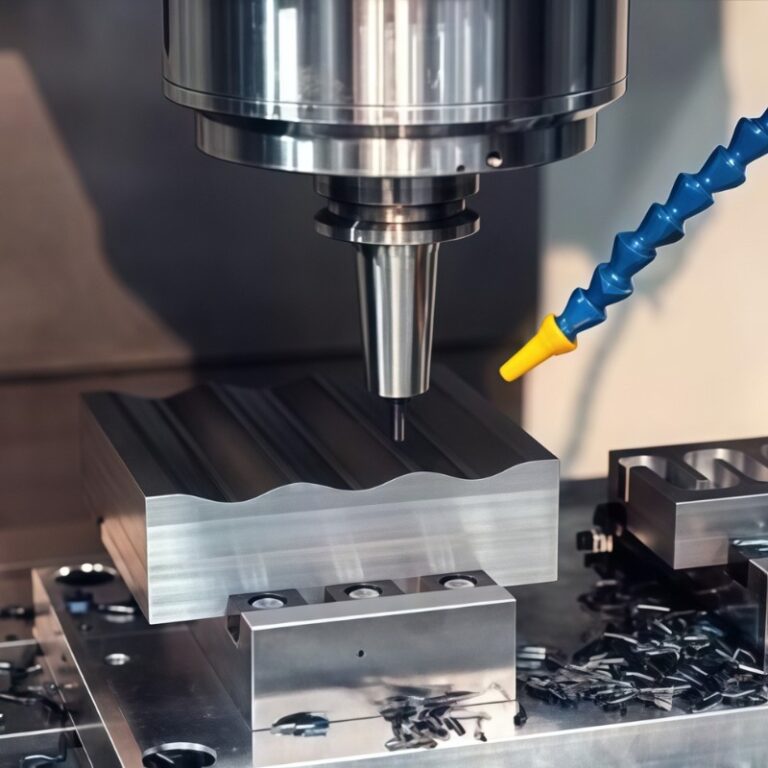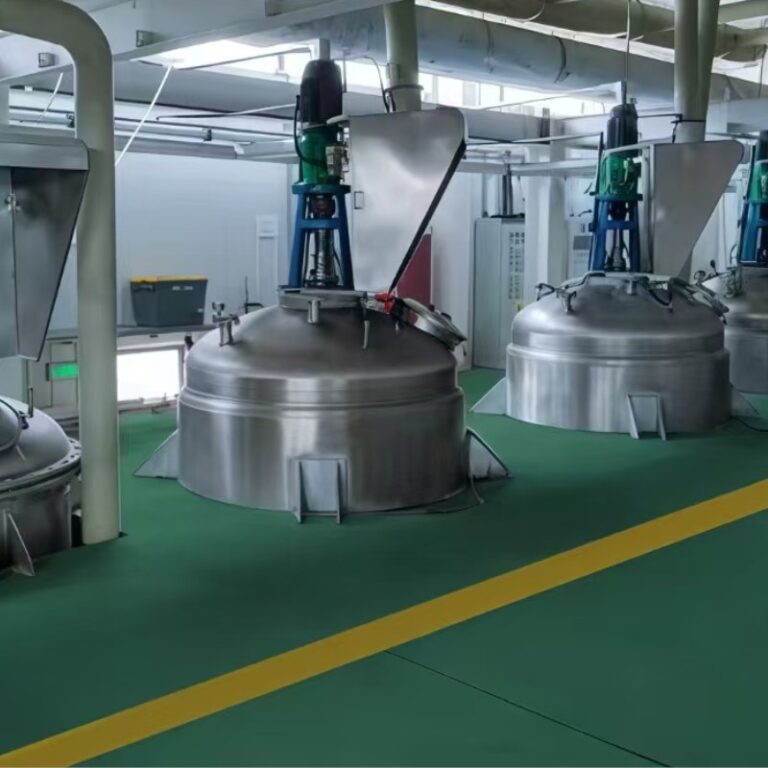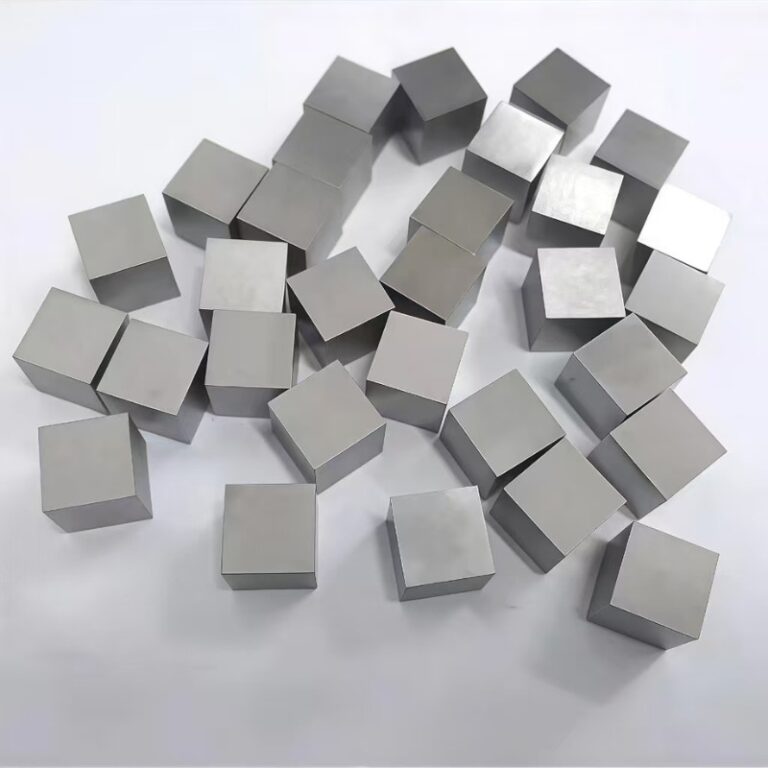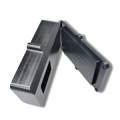Competition in China’s CNC machining industry is fiercer than ever. Project success hinges on finding the right partner. RapidDirect offers standardized machining services, while TiRapid—positioned as a rapid directe competitor alternative—shortens R&D cycles and reduces supply chain risk through rapid prototyping, strict quality control, and flexible production capacity. This article provides an in-depth comparison of the two, helping you quickly find a trusted, long-term manufacturing partner.
Service And Capability Comparison
When choosing a manufacturing partner, the breadth of services and depth of capabilities often determine whether they can meet the needs of different projects. RapidDirect and TiRapid both offer CNC machining and rapid prototyping services, but they differ in terms of process coverage, material selection, and flexibility.
Get 20% offf
Your First Order
Below we compare from the perspective of service and capabilities:
Rapid Direct
- Process coverage: We offer common manufacturing methods such as CNC turning, milling, injection molding, and sheet metal processing to meet the needs of standard parts and small and medium-sized batches.
- Service features: Platform-based operation, fast and transparent online quotation, suitable for customers with limited budgets and standardized needs.
- Limitations: Flexibility and customization support are relatively limited in the processing of multiple processes and complex precision parts, making it more suitable for standard parts and conventional structural parts.
TiRapid
- Wider Process Capabilities: Covering 3-axis, 4-axis, and 5-axis CNC precision machining, with strong expertise in complex 5-axis parts, ultra-flat components, plastic parts, micro parts, and oversized components. Also provides diverse manufacturing options including injection molding, sheet metal fabrication, and 3D printing.
- Materials & Surface Finishes: Supports 120+ materialsand 60+ surface finishing options, meeting diverse needs from functionality to aesthetics.
- Industry Applications: Extensive experience in automotive, aerospace, medical, and electronicsindustries, ensuring reliable delivery of high-precision prototypes and low-volume custom parts.
- Engineering Support: Offers process optimizationand DFM reports to help customers reduce risks and improve efficiency.
Delivery Time And Production Capacity
When selecting a manufacturing service provider, delivery time and production capacity often determine whether a project can proceed smoothly. For companies in the early stages of R&D, rapid prototype verification can significantly shorten time to market. For customers in mass production, stable delivery capabilities and the flexibility to expand production capacity are key to mitigating risks and ensuring supply chain security.
RapidDirect and TiRapid each have their own advantages in delivery speed and production capacity flexibility: the former provides a stable delivery rhythm for regular orders, while the latter focuses more on the ability to respond expeditedly and switch scale.
The following is a comparison from different dimensions.
Rapid Direct
Delivery performance: Standard orders can usually be completed within a few days to a week, which is suitable for customers who are not extremely demanding on delivery time.
Stability: Stable performance in conventional models and small and medium-volume orders, with predictable delivery rhythm.
Limitations: Limited flexibility for expedited orders or prototype development requiring rapid iteration; limited ability to scale production capacity for high-volume orders.
TiRapid
Fast response: Prototyping within 1-3 days is supported, which is particularly suitable for customers who need to quickly verify designs and shorten R&D cycles.
Batch flexibility: Not only can small batch customization be completed efficiently, but it can also be expanded to medium-scale production according to demand.
Guarantee capability: Through multi-machine collaboration and process optimization, the balance between delivery time and production capacity can be guaranteed even in urgent projects. This is suitable for time-sensitive companies that are gradually expanding.
Quality And Certification
Quality not only impacts the performance and lifespan of components but also directly impacts the reliability of customer products and brand reputation. Excellent manufacturing suppliers must not only control precision during processing but also ensure traceability and verifiability across multiple processes, including raw materials, testing, and standardized processes. Certification systems are key to guaranteeing these quality commitments, providing transparency and trust to customers.
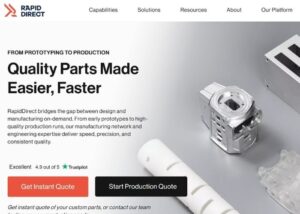
In this regard, both RapidDirect and TiRapid have certain quality control systems, but they differ in terms of enforcement, certification coverage, and support for customized quality requirements .
Rapid Direct
Quality Control: Relying on standardized processes and basic testing methods, we can ensure the accuracy and consistency of routine parts processing.
Certification system: It has some general certifications and is suitable for small and medium-sized batch production and general industrial use.
Limitations: Insufficient coverage in meeting the stringent certification requirements of demanding industries (such as aerospace and medical); relatively limited response to customer-customized quality standards.
TiRapid
Quality Assurance: We strictly follow the ISO9001 quality management system, and key processes are equipped with multi-point detection and full inspection plans to ensure the traceability of each part.
Certification coverage: We provide complete material reports (such as RoHS, REACH), dimensional inspection reports, and surface treatment testing to meet the stringent compliance requirements of international customers.
Customer Adaptation: Testing standards and processes can be customized according to industry and customer needs, flexibly supporting special quality certification in fields such as medical, automotive, and precision electronics.
Price And Cost Transparency
In manufacturing outsourcing partnerships, price isn’t just a factor determining costs; it’s crucial for the long-term sustainability of the partnership. A transparent and reasonable pricing system helps clients clearly predict their budgets, avoid hidden expenses, and maintain control during project iterations or demand changes. RapidDirect and TiRapid offer different pricing models and transparency.
Rapid Direct
Pricing model: Relying on a platform system, we provide fast online quotations, suitable for customers with limited budgets and relatively standardized needs.
Transparency: Base pricing is transparent, but additional fees may apply for subsequent project changes, expedited services, or complex processes.
Limitations: For high-volume or highly customized projects, pricing flexibility is low and overall costs may be high.
TiRapid
Customized quotation: We provide targeted quotation solutions based on process difficulty, material selection, and batch size to ensure customers receive the best cost-effective solution at different stages.
Cost transparency: The costs of each link such as processing, testing, and surface treatment are clearly listed during the quotation process to avoid hidden expenses incurred midway through the project.
Flexible discounts: For long-term cooperation or large-volume orders, we can provide tiered pricing and cost optimization suggestions to help customers reduce overall procurement costs.
Customer Support And Communication
In cross-border manufacturing collaborations, good customer support and efficient communication often determine the success of a project. Beyond delivery and quality, the ability for customers to receive quick responses, resolve issues, and have a dedicated team to follow up are key factors in evaluating a supplier’s reliability.
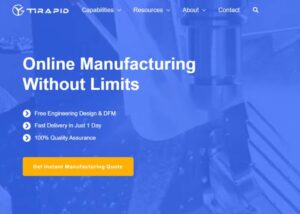
RapidDirect and TiRapid have different focuses on customer support and communication models: the former emphasizes online and standardized responses, while the latter focuses more on customization and full-process support :
Rapid Direct
Support channels: Mainly online platforms and work order systems, customers can submit requirements through the website and receive automated responses.
Response speed: Frequently asked questions can be answered quickly within the platform, but the depth of response is limited when it comes to complex processes or customized projects.
Limitations: Lack of dedicated engineers to follow up continuously, which may lead to information delays or misunderstandings of requirements during the communication process.
TiRapid
Service mode: Equipped with a dedicated team of project managers and engineers, providing full-process docking from design, quotation to production delivery.
Communication efficiency: Support real-time communication channels (email, phone, video conferencing, etc.) to ensure that customers can get quick feedback at any stage.
Advantages and characteristics: Can proactively propose optimization suggestions to help customers solve potential design and manufacturing problems, truly providing collaborative support.
Industry Applications
A manufacturing supplier’s industry coverage determines its ability to meet the personalized needs of customers in diverse sectors. Some industries (such as aerospace, medical devices, and automotive) require not only high-precision machining capabilities but also strict certification, compliance, and delivery requirements. In contrast, industries like consumer electronics and everyday industrial products are more sensitive to cost and efficiency.
Both RapidDirect and TiRapid meet general industrial needs in terms of industry coverage and applicability, but their performance differs significantly in demanding and specialized applications :
| Aspect | RapidDirect | TiRapid |
| Coverage | Mainly focuses on general industrial parts, consumer electronics, and small to medium batch machining | Serves multiple demanding industries including automotive, aerospace, medical devices, precision electronics, and industrial equipment |
| Industry Strengths | Strong in cost-sensitive markets and projects with low certification requirements; suitable for standard parts and general prototyping | Provides ±0.01 mm high-precision machining, meets industry-specific standards and compliance requirements, and supports the full process from prototyping to small-batch production |
| Limitations / Adaptability | Lacks in-depth experience and complete certification support for high-reliability sectors (e.g., aerospace, medical, precision automotive components) | Cross-industry expertise, capable of adjusting processes to meet diverse technical standards (biocompatibility, high-temperature resistance, corrosion resistance), making it more suitable for customers with strict supplier requirements |
How To Choose The Right Manufacturing Service Provider
In today’s globalized manufacturing landscape, customers often face trade-offs between speed, quality, price, and industry adaptability. The right supplier not only meets current project needs but also provides stable and reliable support for future collaborations. RapidDirect and TiRapid each offer advantages and are applicable to different scenarios. Choosing between these two options should be based on the specifics of your industry, project urgency, and quality standards .
Select RapidDirect Scenario
The product processing technology is relatively conventional and belongs to general industrial parts or consumer parts
The delivery period is not very demanding, and a delivery period of a few days to a week can meet the needs.
With limited budgets, they tend to use platform-based standardized services to control costs.
The project itself does not require high certification, compliance and high precision
More suitable for one-time, standardized small and medium-sized batch orders
TiRapid Selection Scenarios
The project has extremely high delivery requirements and requires 1-3 days of rapid proofing or short-term delivery
The product is in the R&D or verification stage and requires flexible iteration and process optimization support
Industries with strict requirements (such as aviation, medical, automotive electronics, etc.) must comply with ISO9001 or additional testing and certification
The order size may gradually expand from small batches to medium-scale production, requiring flexible switching of production capacity
Hope to maintain efficient communication with the engineering team and obtain professional design optimization suggestions
Conclusion
A comparison of RapidDirect and TiRapid reveals that each has its own application scenarios. RapidDirect is suitable for budget-sensitive projects with standardized requirements, while TiRapid excels at rapid response, strict quality control, and flexible production capacity, making it particularly well-suited for time-sensitive and demanding industries. Ultimately, the choice of partner should be based on your own schedule, standards, and budget, finding the optimal balance between cost, delivery, and quality.


